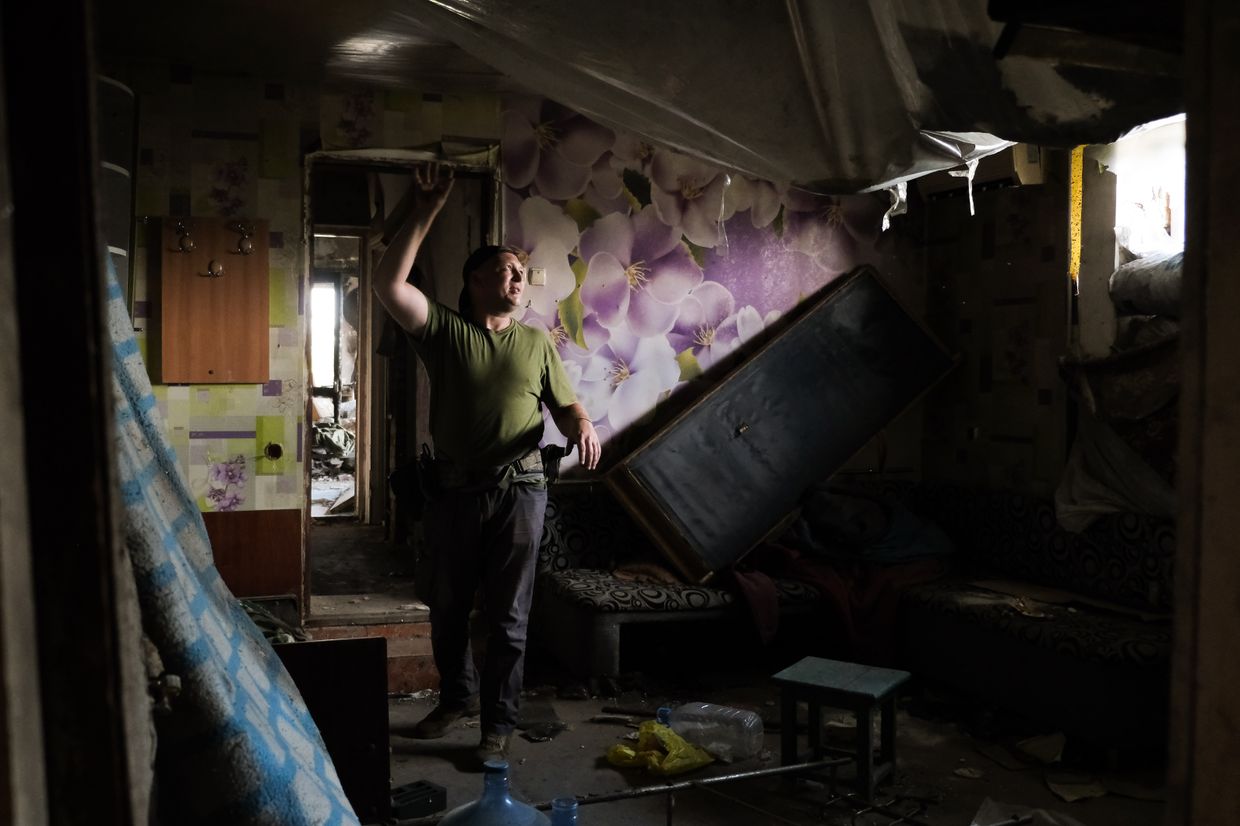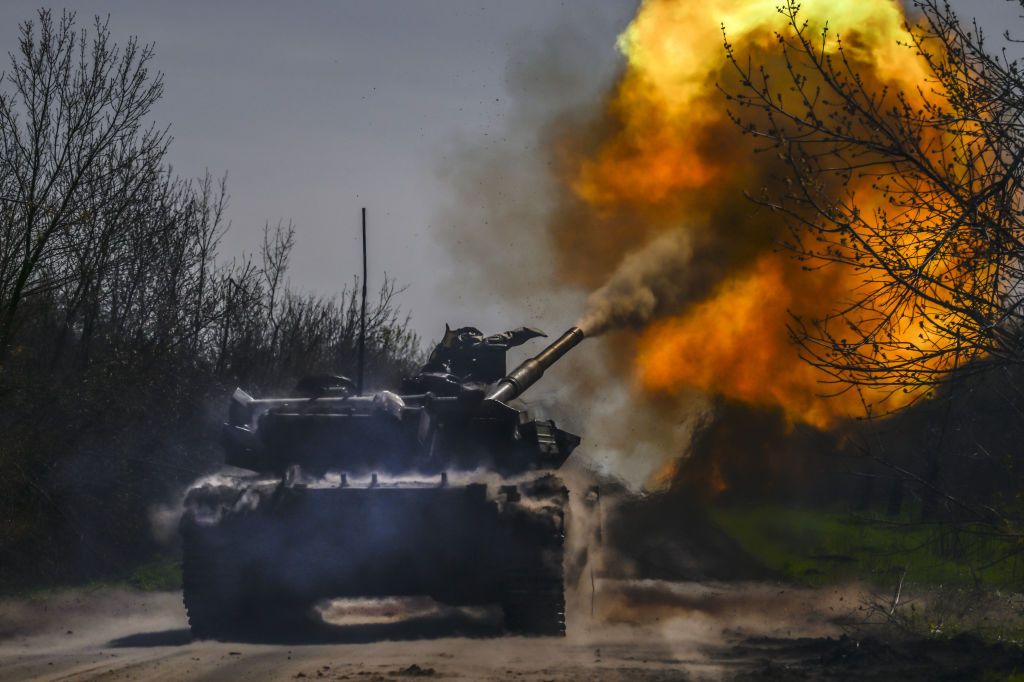ISW: Russian offensive in Avdiivka faces 'setbacks'

Russian forces faced a number of "setbacks" in their assault against the front-line city of Avdiivka in Donetsk Oblast, the Institute for the Study of War (ISW) said in their Oct. 13 report.
Ukrainian forces in the area continued to repel Russian attacks, and used minefields to hinder Russian advances toward the city, the ISW reported.
According to claims from a Russian army volunteer, worn-out equipment is also reducing the accuracy of Russian artillery.
The ISW also noted that Russian sources released contradictory accounts regarding occupation of the Avdiivka Coke Plant.
"ISW has not observed any evidence to confirm that Russian forces control the plant as of publication," analysts said.
On Oct. 10, the Ukrainian military reported that Russia had ramped up its forces near Avdiivka, deploying over 2,000 soldiers to the area.
The city itself lies largely in ruins, after nine years of the Donbas war and intensified fighting in Russia's full-scale invasion.
According to the ISW, Moscow may hope to spin its offensive in Avdiivka as proof that Ukraine's counteroffensive has failed.
"The Kremlin is likely attempting to use Russian offensive operations around Avdiivka as well as localized efforts in other areas of the front to shift the Russian and international narratives to focus on Russian offensive operations and military capabilities," the ISW said.
At an Oct. 13 meeting of the United Nations Security Council, Russia's Ambassador to the U.N. Vasily Nebenzya claimed that the Ukrainian counteroffensive was "formally over" due to Russia's "active combat operations" at the front.
The ISW has previously reported that Ukraine's counteroffensive will continue into winter.
On Oct. 10, the ISW wrote that Russia's push on Avdiivka was meant to divert Ukrainian forces from other key areas of the front.
“Russian attacks along the Avdiivka-Donetsk City line are meant to prevent Ukrainians from transferring forces to Zaporizhia Oblast," the ISW said.













